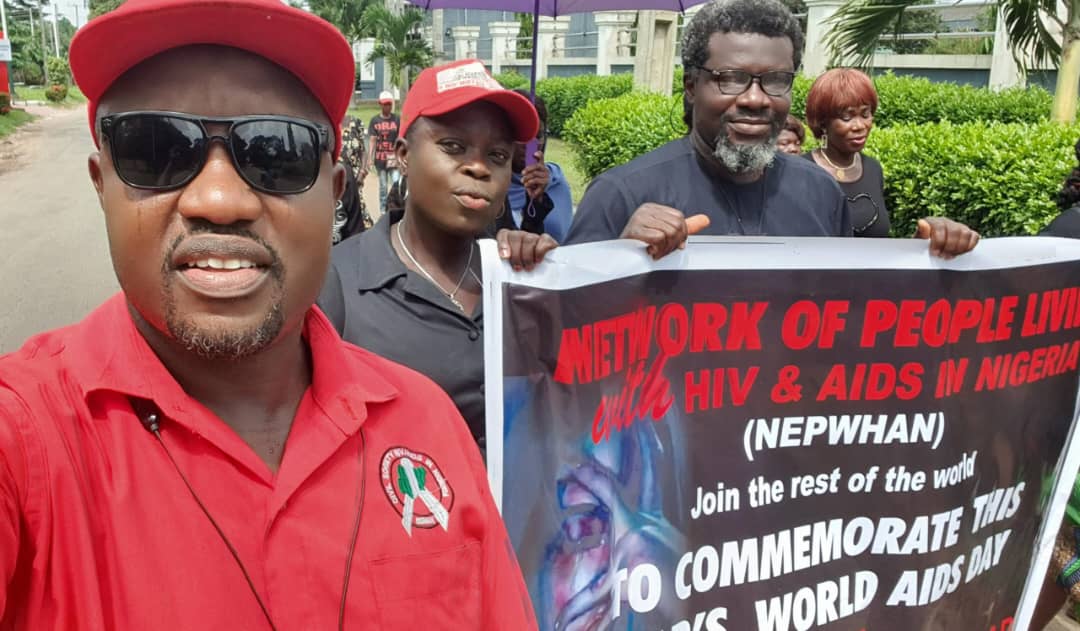December 1st annually marks the world AIDS Day and it gives opportunity for all to reflect on how the HIV response has fared generally. Compared to when the first case of AIDS was discovered decades ago, alot of improvement has taken place. Research has been undertaken to understand HIV the most and the results have helped, however, there is still no cure at the moment. The management has helped to reduce cases of AIDS as well as AIDS related death while adherence still poses a challenge to those living with the virus for various reasons.
Over the years, domestic resource mobilization towards funding HIV response has taken the front burner in the discussion. This was occasioned by the dwindling donor funding and the need for Government at various levels to take ownership to drive the process. The subnational expenditure report from 2017 -2022, revealed that the majority of the States in Nigeria have very little budgetary allocation to HIV Response. Those that have budgetary allocations have a wide gap between what was budgeted compared to actual release, poor budget performance on HIV response in the majority of the state. On the average, the majority of the states were releasing 16% while only Sokoto did excellently well during the period under review.
Despite a sharp drop in HIV awareness, the factors that fuels the spread of HIV have become more prevalent and this poses some dangers in the future if aggressive measures are not put in place to address it. The economic situation is not friendly enough and is pushing people especially the young people into various forms of risky behaviours. The use of substances and drugs which impairs judgement is on steady rise. Cases of gender-based violence with many being unreported are on the high side. If these factors are not addressed, cases of new infection that are on the rise would with time have a negative outturn.
As we commemorate this day, there is the need to call on the Federal Government to act. Revisit and honour the Abuja Declaration of April 2001 then take the driver’s seat in domestic resource mobilization for effective utilization.
Considering that none of the South-South States were part of the top 5 spenders on HIV Response speak volumes. It is a clear demonstration of how the State Government in the geopolitical zone has paid attention to the response.
In the subnational report, the budgetary allocation from 2017 -2022 for the South-South states revealed Rivers 0.31%, Cross River 0.21%, Akwa Ibom 0.11%, Edo 0.06%, Delta 0.02%, Bayelsa 0.01%. Comparing these percentage allocation to releases revealed that Akwa Ibom 1.16%, Bayelsa 19.77%, Cross River 0%, Delta 4.49%, Edo 1.11%, Rivers 1.20%.
The poor budget performance in the South-South States is a call to action for the Governors in the zone to come together and standardize the HIV Response in the zone. All the States are not at the same level of response; not all the States in the zone have fully domesticated the SACA hence nothing to guide. The stares with the Law already domesticated, not all are implementing the Law. In 2017, Governor Godwin Obaseki once said “of what relevance is the law if not implemented”; however, the situation that once improved with the existence of the EDOSACA Board has dropped to almost point zero. An analysis of the States in the South-South Zone with respect to HIV response reveals that the necessary structure and required for an effective response are not in place. This is a wake up call to all the Governors especially in the South-South Zone owing to their poor performance in the HIV response to step up the game. We cannot risk going back to the era of AIDS.
The theme for World AIDS Day 2023 is “Let communities lead,” emphasizing the essential role of communities in the HIV response. The Government should take the lead for stakeholders to follow in tailoring the needed response to the needs of the people.
Dr. Bright Oniovokukor
South-South Zonal Coordinator, Civil Society for HIV/AIDS in Nigeria ( CiSHAN)

